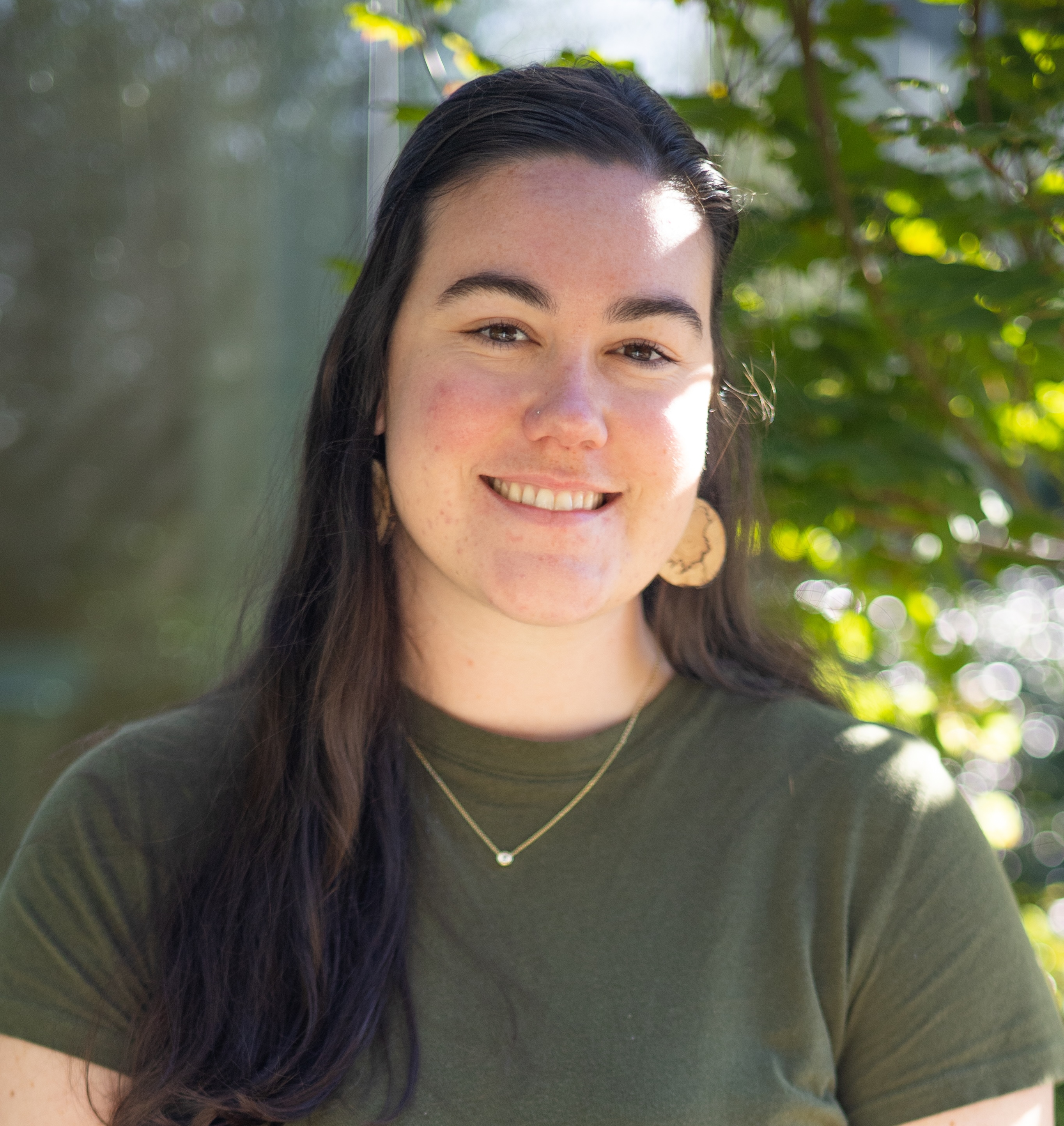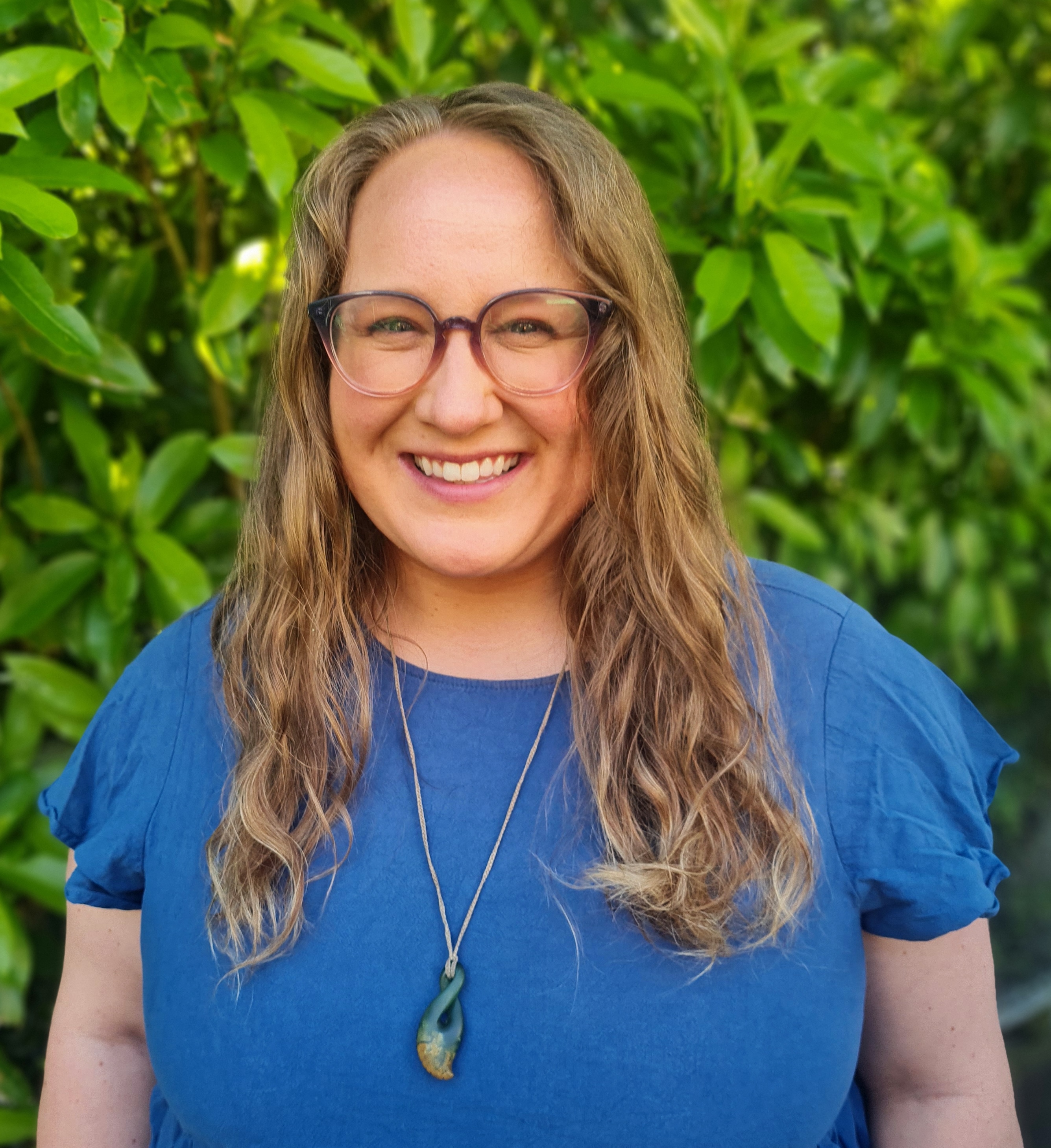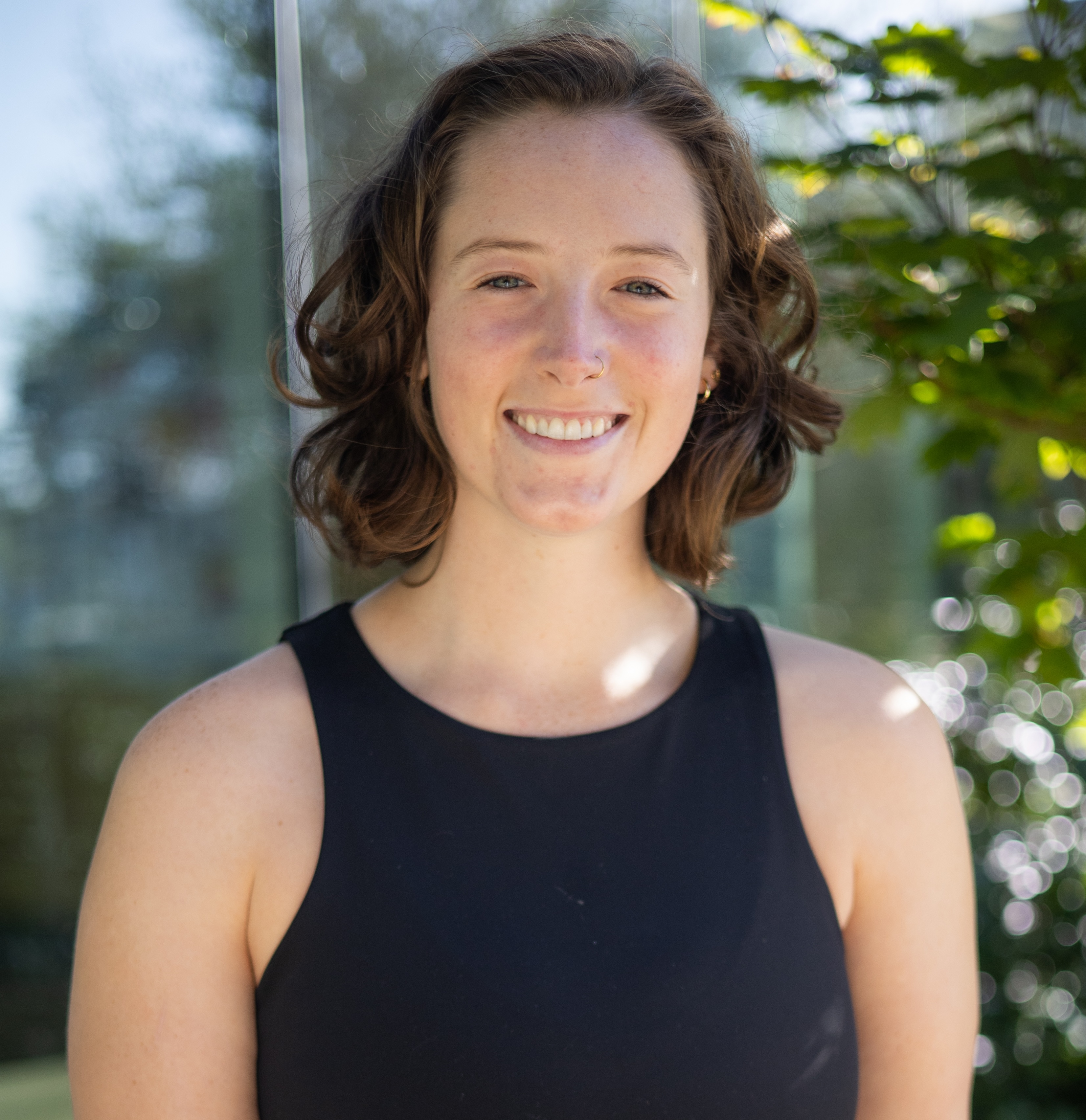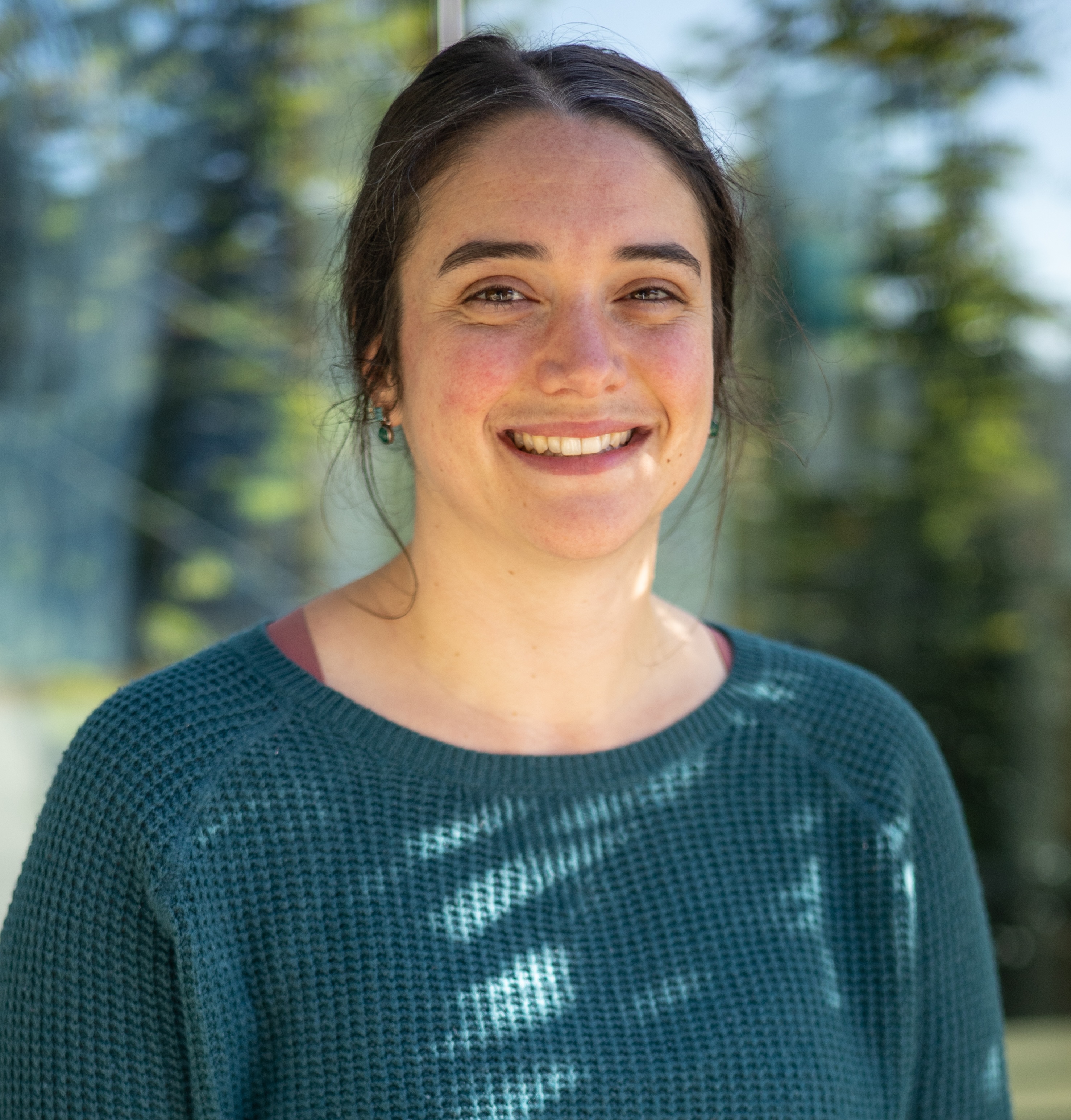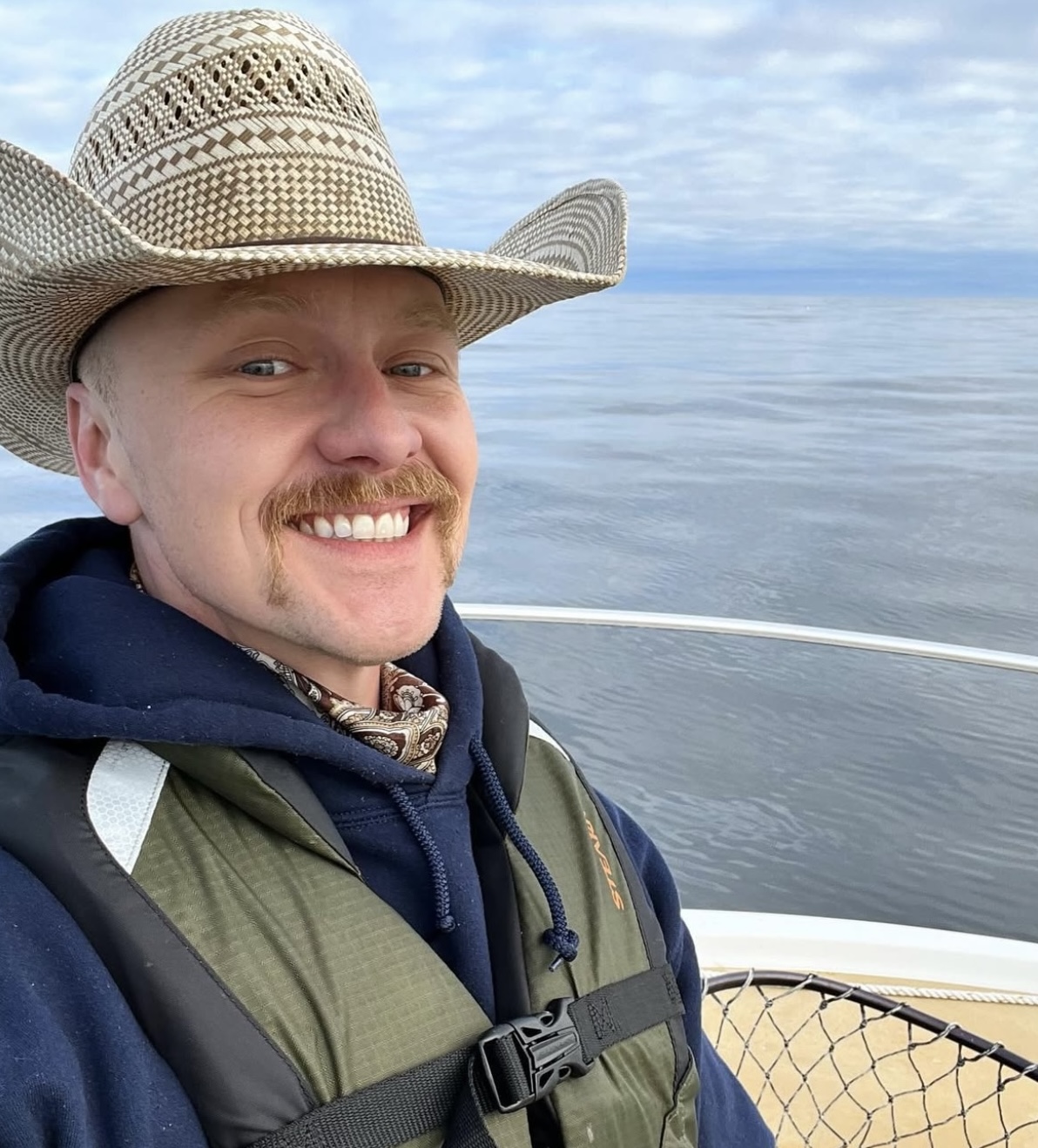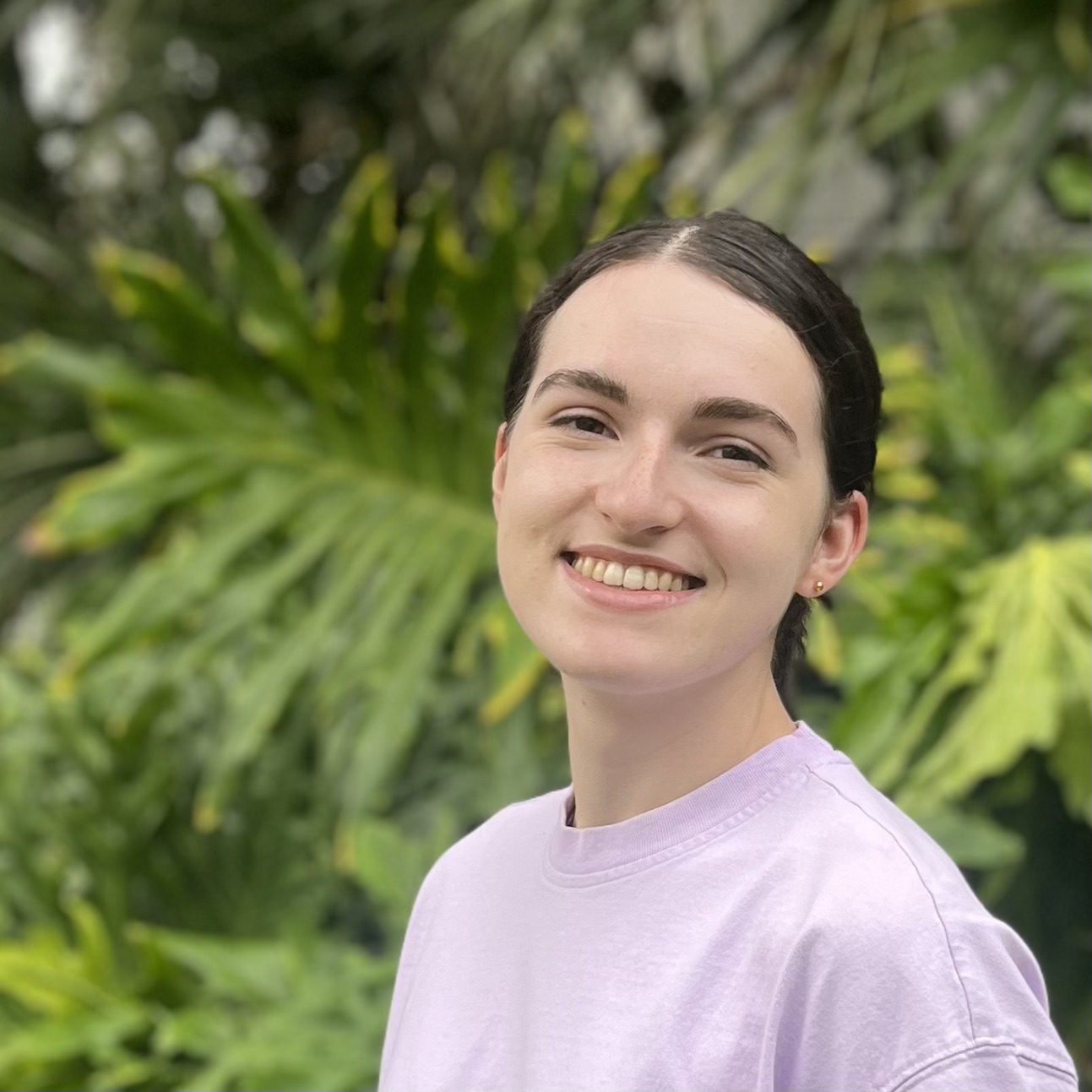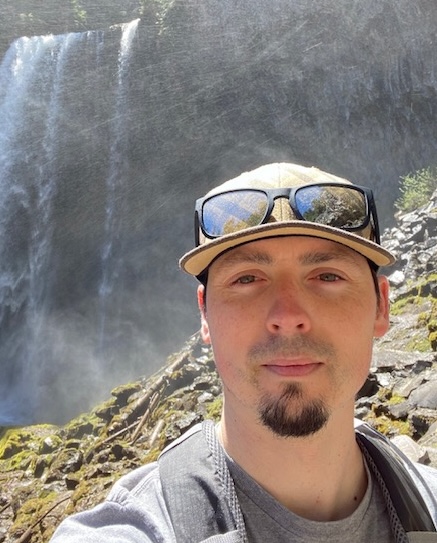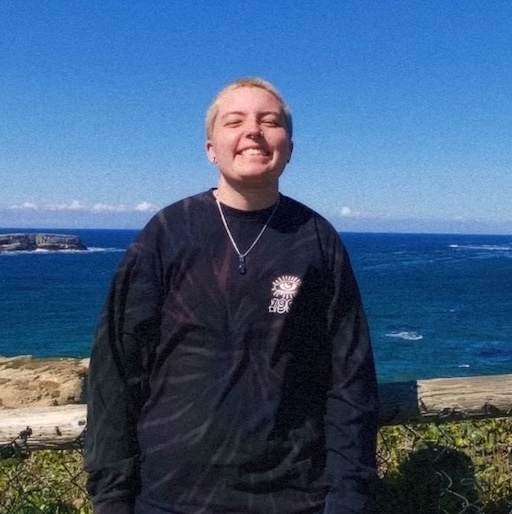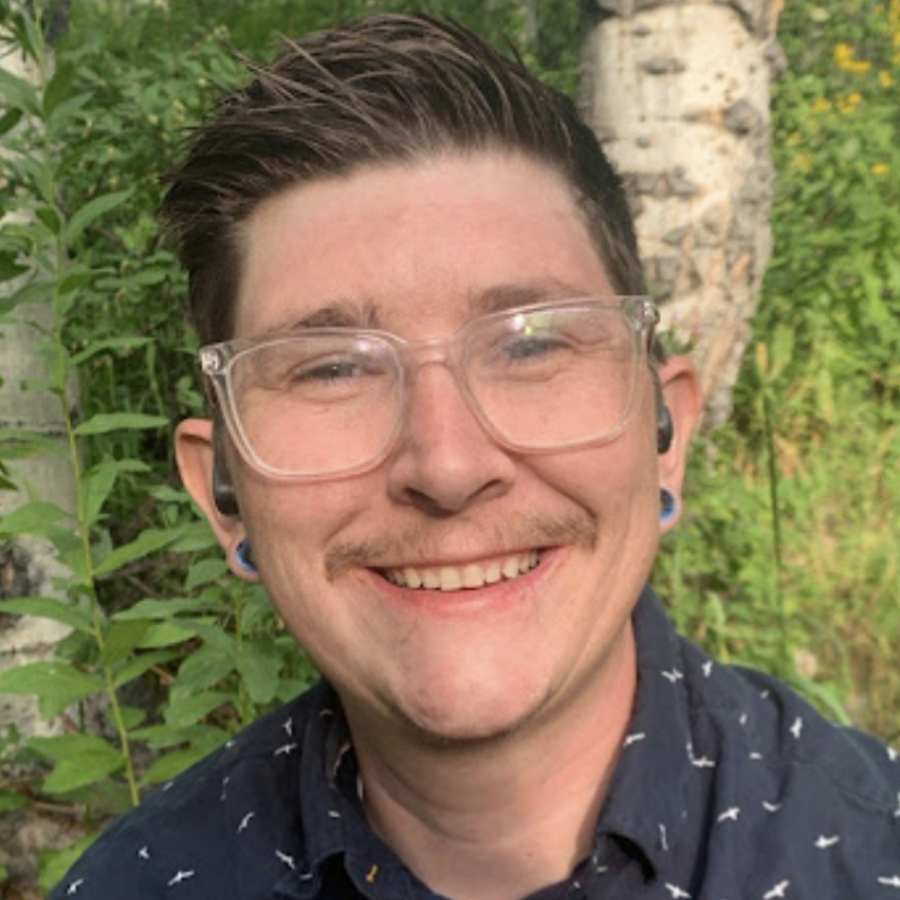The Integrated Marine Fisheries (IMF) Lab conducts collaborative scientific research to improve our understanding about population and community dynamics in marine systems — with a focus on groundfish. Individual projects are specifically designed to inform stock assessments and support ecosystem-based fisheries management. We emphasize the value of transdisciplinary collaborations among scientists, managers, and fishery stakeholders because of its benefit to both product and process.
PRINCIPAL INVESTIGATOR
Cheryl Barnes, she | they
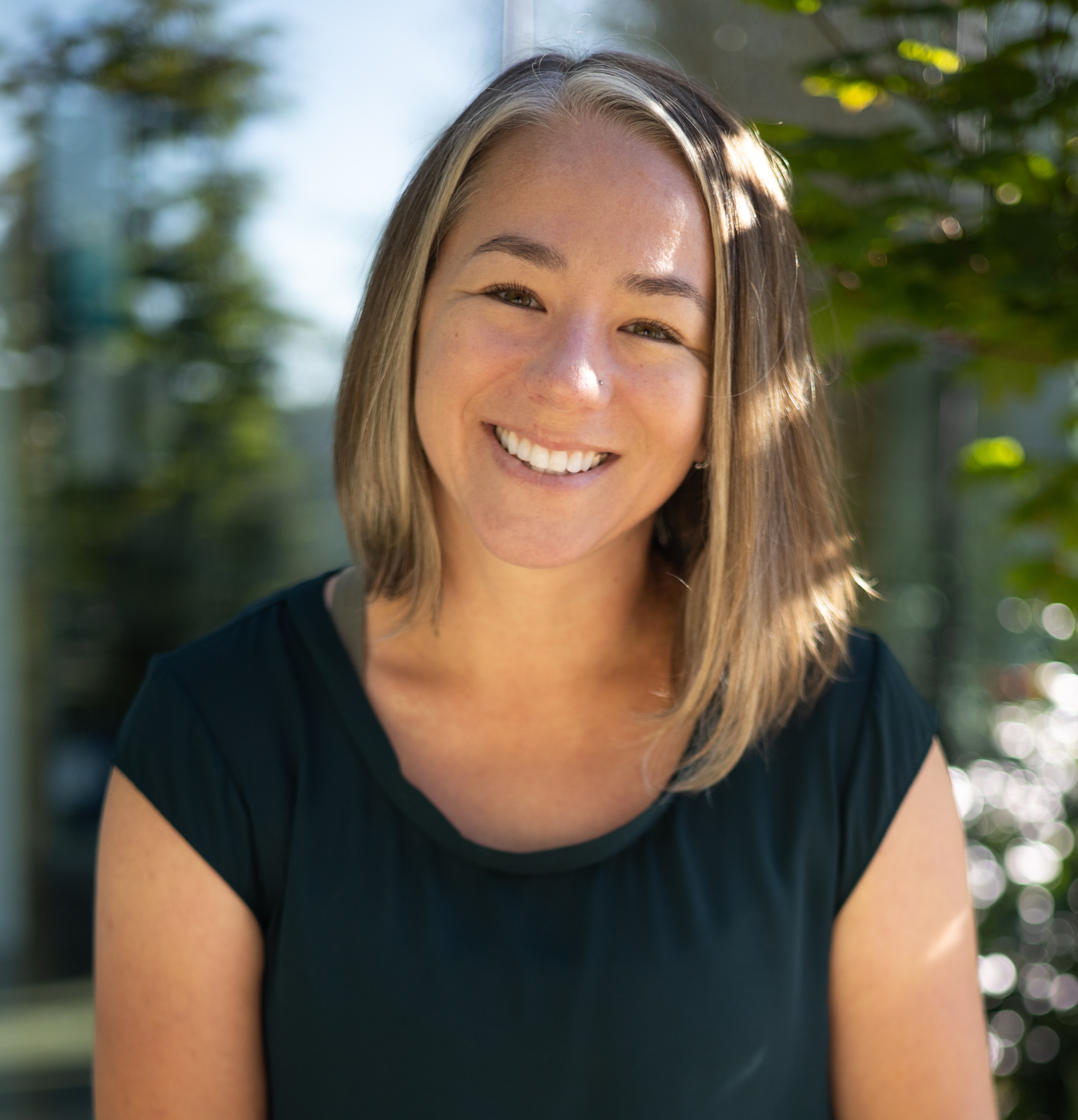
Cheryl is an assistant professor in marine fisheries at Oregon State University (OSU) and serves as the Oregon Department of Fish and Wildlife representative on the Scientific and Statistical Committee for the Pacific Fishery Management Council. Cheryl earned a PhD in fisheries from the University of Alaska Fairbanks, MS in marine science from Moss Landing Marine Laboratories, and BS in biology from San Diego State University. They have also worked as a program and outreach director in the nonprofit sector, representative for the California Sea Grant Extension Program, and lead scientist for the California Collaborative Fisheries Research Program (CCFRP). Additional information can be found in their curriculum vitae and 'about' page.

